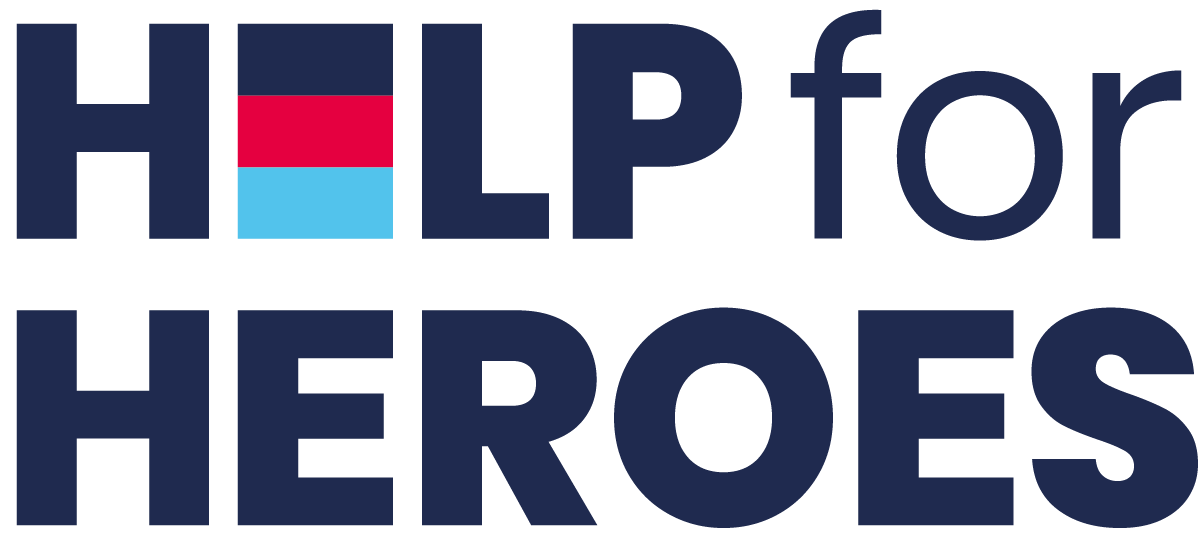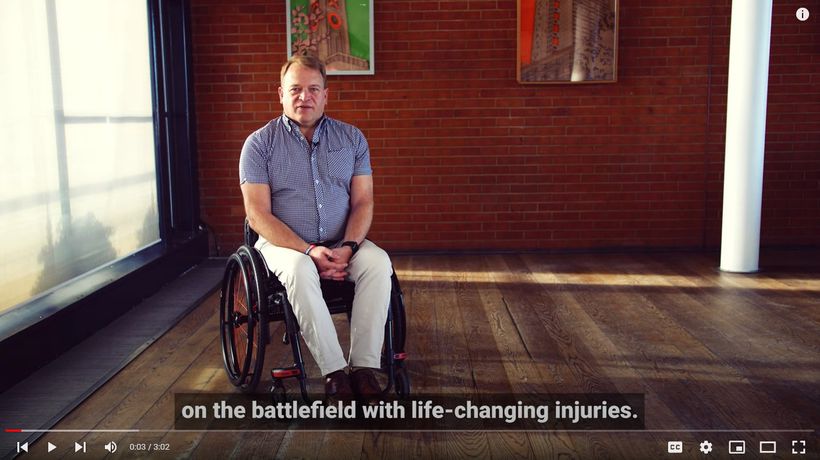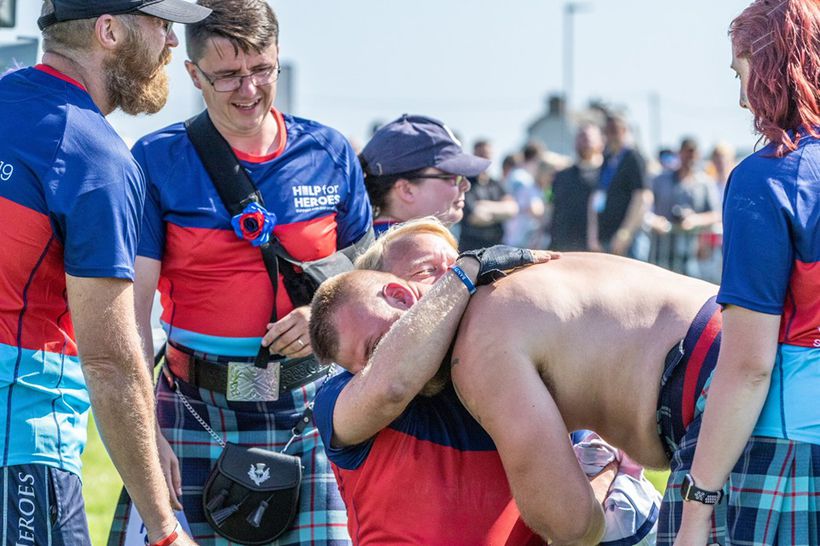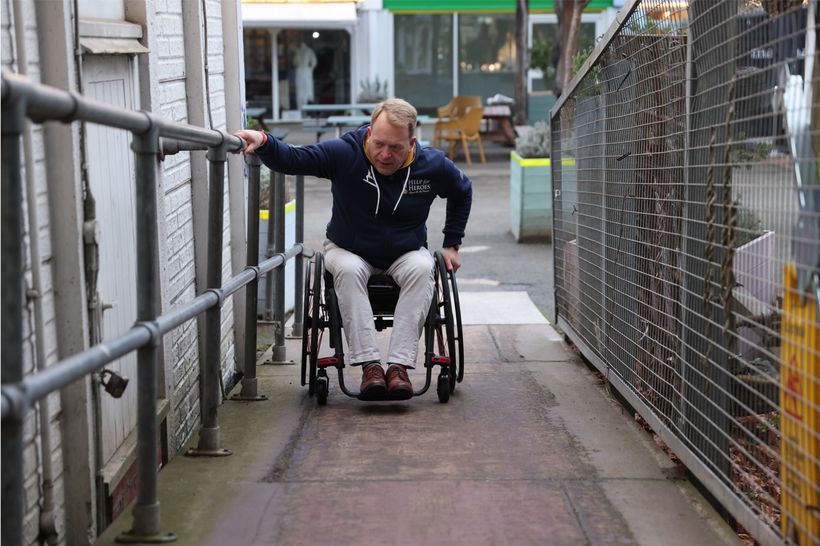Updated on
David thrived at the challenge of applying his skills as a critical care nurse in dangerous situations on deployment with the Army Nursing Corps. His bravery and clinical excellence allowed him to tend to colleagues fighting for their lives on the battlefield before they could be flown to safety. David himself has had to learn to live with life-changing injuries, and thanks to the support of his family, Help for Heroes, and other veterans with shared experience, David is excelling at life once more.
“I really enjoyed the operational work as an Army medic as well as all the training for it. I had worked in the Health Service in critical care, and it wasn’t so different. But when you're deployed you've got to do life-saving procedures with limited equipment in difficult circumstances, it really tests you.
“I remember treating people with gunshot wounds to the chest, traumatic amputations from IEDs, all sorts of different circumstances and injuries. You pretty much had all your treatment kit in your bergen so whether that was intubating a patient, stopping their leg from haemorrhaging or clipping arteries to do that immediate life-saving piece. Then you have to get people ready for a quick transfer, usually by helicopter, back to the medical facility – which quite often was a tent or a Portakabin. It was dangerous but you had a job to do. That's what you signed up for, so you just cracked on and did it.”
In the line of fire
“I was involved in a blast injury from a surface to air missile and that resulted in shrapnel injury and a brain injury that wasn’t overly clear at the time, that became more complicated as time went on.
“And then I had a dramatic back injury when providing medical cover for bomb disposal. I damaged my lumbar spine and my neck, which has left me with severe chronic pain. I don’t really have discs in my neck or lumbar spine. Unfortunately, they are not operable on without risking damaging my spinal cord. And I have been treated for post-traumatic stress disorder (PTSD) and the associated symptoms, such as anger, anxiety and depression. PTSD never really goes away.
“My injuries really affect me today – the obvious thing is my wheelchair, so my mobility is severely limited. Living with severe chronic pain is very draining and I don't sleep well. Due to the injury to my brain, my temperature control is not good, so I am always hot.”
Finding his lease of life again through sport
“My physiotherapy team at the hospital said to me 'Have you thought about getting back into sport?' I really had thought that was a closed door for me. I got in touch with people at Scottish Disability Sport and they mentioned the Help for Heroes' Sport Recovery programme.
“They provided me with opportunities to try different adaptive sports and take part in training events with like-minded veterans with disabilities in my area. These activities were instrumental in my recovery and in helping me adapt to my new way of living.
“With the charity, I was in a team who went to the United States to compete in the Warrior Games in Virginia, which was absolutely fantastic. There was a great group of people, many of whom I hadn’t met before. A lot are now friends for life. It was really rewarding to be in a group of people with similar challenges to you. I didn’t have to explain myself. With it being a group of ex-service-people, you can have the banter and fun, and work hard and compete hard. You forget about the disabilities and injuries because everybody is in the same boat.
“I’ve tried wheelchair rugby, wheelchair tennis, hand cycling, and rowing. There’s always a new sport to try. It's just a mindset where you don't think about what the problem is; just have a go and see if it suits you, there’s usually a way to adapt any sport. I achieved the World Record for the seated Scottish shotput in the Highland Games, so that's a 16-pound shot over about 23-and-a-half feet, from a throwing frame. You can compete at any level, from grass roots to competitive sports. There are people who have been supported by Help for Heroes who are now Paralympic champions. That's fantastic.
"Sport has given me further purpose in my personal life, expanded my group of friends and has given me a great sense of satisfaction and achievement.”
No regrets
“I will never regret seeking help. When there are charities like Help for Heroes with healthcare professionals that really understand, who can really add value – it's like somebody opens the door and smooths the way or shows you the route-map to get to the next chapter of your life.”
David has overcome many challenges following his injuries. With the support of the charity and those closest to him, he is enjoying a hugely successful and interesting career, and a happy family life. However, he still faces everyday struggles doing things many of us take for granted.
“I think it's quite surprising to a lot of people how tricky everyday things are. Just going to the shops for example, most of the trolleys that fit on a wheelchair do not fit modern wheelchairs. They were designed 30 years ago, so I can't use a trolley. What I do is get a shopping basket and I put it on my knees, but that means you can only do a certain amount of shopping, or you have to buy some stuff, go out to the car, and keep doing it in shifts.
“Getting down the street can be tough too, for example if there are broken flagstones, kerbs that don't have a drop off the edge, building works where they block off the pavement and direct you into the street, but then they didn't put anything to help you get down off the kerb. Every day I leave the house I will encounter those sorts of problems.
“On one occasion, I was in London going to a business meeting. I was crossing the road, and a young man, in his early twenties, ran up to the side of me and then kicked me in the shins. I said why did you do that (with a few expletives)? I was quite taken aback that somebody had actually done that, and his response was ‘I just wanted to see if it hurt’. He laughed and then ran away.
“Living with a disability, even in the UK in 2022 is not easy. How long do we have to wait for equality for veterans and people with disabilities to be as important in society as race and gender equity?”
Making a difference
“It is only thanks to charities like Help for Heroes that I am able to adapt to life after my injuries and have a good family life and successful career.”
Help for Heroes helped pay for adaptations for my bathroom. My local council was going to carry out work to make our bathroom accessible for me. They were going to fit a low sink at wheelchair height that I could use, but my family would have struggled with that. The council said ‘we’re not doing anything else’. We needed two sinks at different heights. We also needed a shower and a bath, but the council would only pay for one or the other.
“The charity stepped in to pay the difference so that the bathroom could be fit for purpose for my family and me.
“Some statutory bodies just want to do the bare minimum, they don’t care whether it is fit for purpose or not.”
What David and other veterans like him face is unacceptable
We believe we all have a duty to help shape a society in which veterans are fully supported after leaving the Armed Forces. When someone is not treated fairly by the country they served and risked everything for, it’s an injustice. Sadly, it’s an injustice that is happening far too often, and we refuse to tolerate that.
What we are doing to address this
- We support veterans with their physical health, mental health and wellbeing needs in their homes and communities and online
- We fight for disabled veterans to get funding for the specialist equipment they need
- We fight for better legislation to support wounded veterans and families
- We campaign to ensure that statutory bodies provide the right support to veterans with physical and mental health needs
- We fight for better rehabilitation care for our most seriously injured veterans
- We fight for a fairer medical discharge process for wounded service personnel
- We provide access to sports and sporting events which are adapted to meet the needs of veterans with a range of abilities
- We provide a community for veterans so that they can have a connection with like-minded individuals who have similar experiences.
